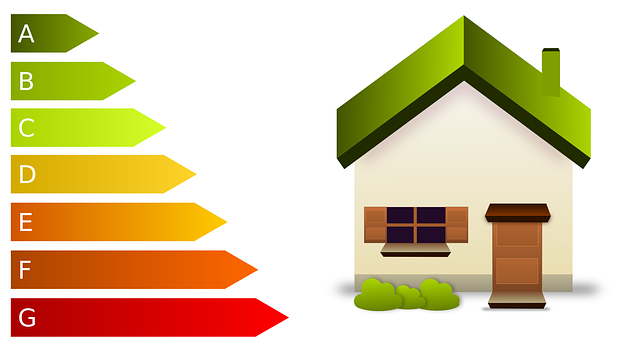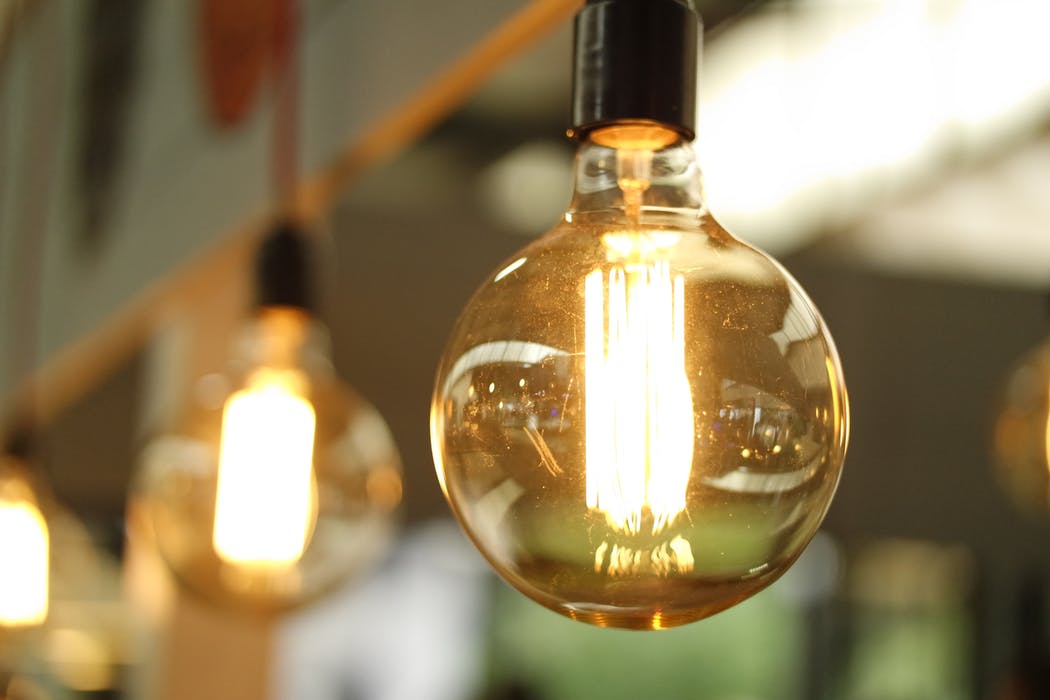

Cutting back on energy consumption reduces carbon emissions, improving quality of life and air quality. Energy-saving positively impacts the environment and lowers your energy bill. Combining simple energy-saving changes can potentially reduce your energy bill. Discussed below are home energy-saving tips you can try.
Contents
1. Clean and replace air filters regularly
Before entering your heating and cooling system, the air filter sucks dust, dirt, particles, and other contaminants from the air. Over time, the filters can get clogged, restricting airflow, meaning your HVAC system must work harder to meet your home’s heating and cooling requirements. The extra strain on the system uses more energy than required, inflating your energy bill. Cleaning and replacing your air filter home regularly keeps the heating and cooling system functioning optimally, reducing energy usage and saving on electricity bills.
2. Switch to energy-efficient lighting
LEDs are an energy-efficient alternative you can use to save energy. Incandescent light bulbs work through a heating process that consumes a lot of energy, increasing your utility bill. Residential LEDs, mainly the Energy Star rated ones, consume at least 75% less energy than incandescent lighting. Compact fluorescent lights (CFL), especially those with the Energy Star label, are certified to reduce energy consumption and you can find great apartment options with energy-efficient lighting on apartmentguide.com.
3. Air seal your home
Air leaks in and out of your home through walls, doors, windows, and other openings lead to energy wastage and high utility bills. Sealing all these openings and cracks and insulating your attic, floors over basements, and crawl spaces significantly lower your energy consumption levels. Weather stripping and caulking can effectively air-seal your home, saving energy.
Caulking allows you to seal openings and cracks in stationary house components, including door and window frames. Weather stripping seals your home’s moving parts, such as operable windows and doors. Before air-sealing your home, examine your ventilation requirements for indoor air quality.
4. Save energy with your refrigerator
Depending on the model and mode of usage, refrigerators can consume a lot of energy. If your fridge is old, replace it with a new one, preferably an energy-efficient one. Avoid placing your refrigerator near heat sources such as an oven, radiator, hob, or direct sunlight. Ensure sufficient ventilation to prevent your compressor from running continuously. Use correct temperature settings to save energy.
Defrost frozen foods in the fridge and examine door seals regularly to ensure the sealing is intact and tightly sealed. Each time you open your fridge’s door, warm air enters, and cold one escapes, causing it to use more energy to reach normal temperature. Closing the door without delay can help save energy.
5. Automate you home
Smart home automation systems allow you to control light, climate, security, and more conveniently from your mobile device. The motion sensors in the system can turn off lights when they are no longer needed. The lighting can also be set to dim automatically as the sunsets. A home automation system enables you to regulate temperatures by scheduling the changes you want to be met throughout the day.
Introducing a programmable mode in your home’s temperature allows you to enjoy consistent energy savings. Intelligent home automation systems also allow you to program automated motorized shades to close at predetermined times of the day and programmed ceiling fans to go and off at specific times, decreasing energy consumption.
Endnote
Energy bills contribute to a massive part of your monthly budget. Consider applying the above home energy-saving tips to reduce energy consumption and electricity bills.



